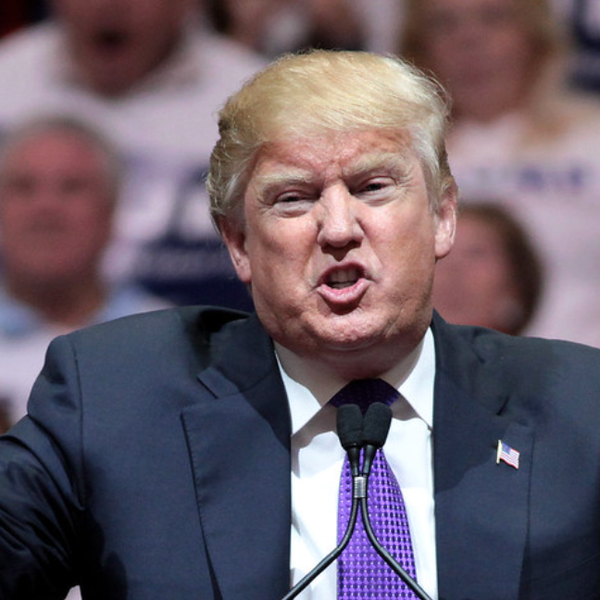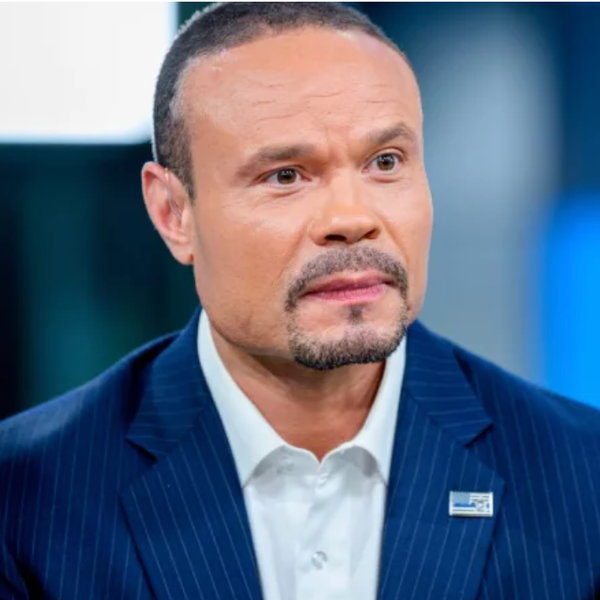
By Anita Kumar, McClatchy Washington Bureau (TNS)
MANCHESTER, N.H. — The Democratic Party heads into its presidential primaries sharply divided over how to wage war against terrorism, a rift magnified by Americans’ growing fears following recent terrorist attacks and laid bare in the newest debate between their presidential candidates.
The party’s top two presidential candidates described starkly different philosophies on national security, sparking some of the liveliest exchanges in Saturday night’s debate just six weeks before the first nominating contest of the 2016 presidential election.
Front-runner Hillary Clinton took the more hawkish and interventionist approach, advocating that the U.S. should be aggressive in helping to resolve disputes around the world, even if that involves sending special forces or overthrowing dictators. “If the United States does not lead, there is not another leader,” she said. “There is a vacuum.”
Her chief rival Bernie Sanders, who does not generally favor international intervention, touted his role in leading the effort against the war in Iraq, which he called one of the worst foreign policy blunders in the country’s history. “The United States of America cannot … be thought of as the policeman of the world,” he said.
The debate was the first Democratic faceoff since a husband-and-wife team of killers inspired by the Islamic State shot 14 people to death in San Bernardino, Calif. The shootings came soon after the terrorist group claimed responsibility for killing more than 100 people in Paris.
Sanders and Martin O’Malley hope to convince increasingly liberal primary voters that Clinton does not fit in the Democratic Party on the issue. It was the same strategy that Barack Obama used to defeat Clinton in 2008.
As senator from New York, Clinton voted in 2002 to authorize military force against Iraq, but later admitted she was wrong. As member of the House, Sanders voted against it, saying that he was worried about the “problems of so-called unintended consequences.”
Now, their party’s two leading contenders for president differ on how to combat Islamic State, and even whether that should be the first priority.
Clinton, a former secretary of state, calls for a no-fly zone in Syria, which is supported by some Republican presidential candidates and opposed by Obama and others who say the proposal is risky, costly and could lead to confrontations with Russia and Iran.
Sanders, an independent senator from Vermont, opposes a no-fly zone, which he said could get the United States more deeply involved in Syria’s civil war.
Clinton supports Obama’s recent decision to send a small contingent of special operations forces to Syria to fight Islamic State, even if the deployment grows.
Sanders has concerns that the decision could further draw the United States into a never-ending war.
Sanders also accused Clinton of supporting overthrowing dictators, only to leave vulnerable nations behind, including Iraq, Libya and Syria. He said he prefers putting together broad coalitions, having others lead the fight, so as to not leave a political vacuum that could be filled by terrorists, even if that takes time.
Clinton shot back at Sanders and a moderator who asked if she was partly responsible for the continued chaos in Libya after the United States helped topple dictator Moammar Gadhafi, saying the United States did as much as the Libyans would allow.
Clinton said it’s important to combat both Islamic State, also known as ISIS, and Syrian leader Bashar Assad, who is bombing Syrians in the country’s civil war.
“We will not get the support on the ground in Syria to dislodge ISIS if the fighters there who are not associated with ISIS but whose principal goal of getting rid of Assad don’t believe there is a political, diplomatic channel that is ongoing,” she said.
Sanders countered that Assad’s fate should be secondary to fighting Islamic State. “We have got to get our foreign policies and priorities right,” he said. “It is not Assad who is attacking the United States. It is ISIS.”
©2015 McClatchy Washington Bureau. Distributed by Tribune Content Agency, LLC.
Photo: Democratic U.S. presidential candidate Hillary Clinton (R) and former U.S. President Bill Clinton greet supporters at the Central Iowa Democrats Fall Barbecue in Ames, Iowa November 15, 2015. REUTERS/Mark Kauzlarich








